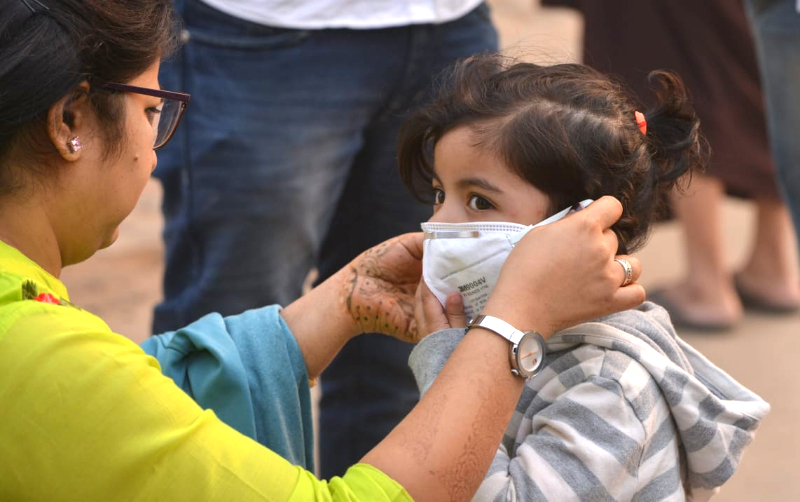Things are not always as they seem. A study published last year in the medical journal, Lancet, had found that Uttar Pradesh was the worst off in terms of deaths attributable to air pollution in India. West Bengal was fourth on that list. A closer examination, however, has proved that Bengal has no reason to be complacent. A recent report brought out by the Centre for Science and Environment has shown that Bengal has the highest death toll on account of air pollution among states in the mid socio-demographic index segment. The SDI is based on measurements that take into account crucial factors like the average income of an individual, the level of education and the total fertility rate. This paints a picture of Bengal that is bleak, given that it has topped an index compiled on the basis of these factors. But the SDI figures are not surprising. A fifth of the state’s population lives in poverty; little wonder then that those on the margins of the economy are not in a position to reflect on their current quality of life and its injurious effect on health. This ignorance results in the poor making economic choices that impair their health. For instance, many work in industries that pose a hazard to respiratory health, such as waste management and disposal. The minimal awareness prevailing in the public domain with regard to the dangerous air quality in Bengal also allows its political class to turn a blind eye to the problem; scant public pressure makes it easier for the government to remain indifferent.
The weak demand for accountability is the direct result of the absence of awareness. Is this tied to the quality of education in the state? Although Bengal’s literacy rate was recorded as being higher than the national average in the 2011 census, the curriculum, especially at the primary and secondary levels, has not been geared towards sensitizing students to the invisible links that contribute to deaths from air pollution. If people are to be saved from dying on account of the air they breathe, then it is imperative that the government and other institutions invest in such deterrents as education, public awareness campaigns and stringent surveillance to reform the discourse on air that kills.



